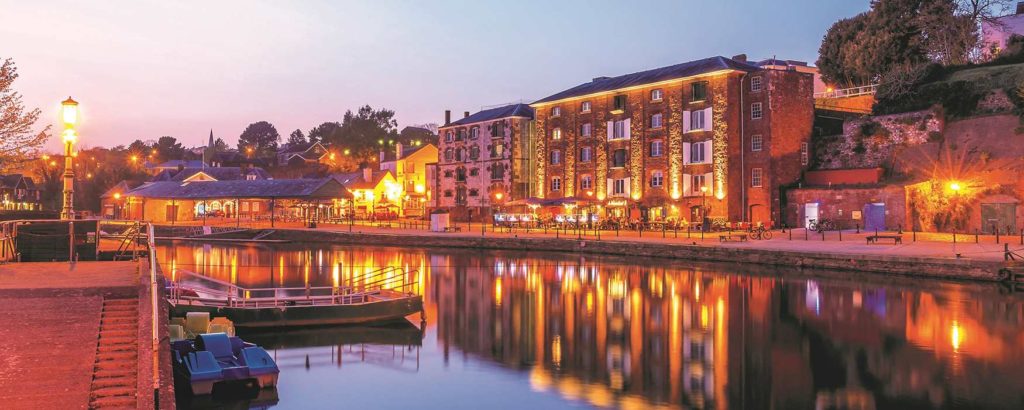Congratulations. The biggest celebration of your life is incoming. You will likely never plan a personal event as huge, as intricate, as impressive - and with as much impact on the planet. In order for the UK to meet the carbon reduction targets, mindful planning is required universally. Wedding planning is one such area with the capability to hugely reduce emissions. You carry the responsibility to make your day as sustainable as possible.
Weddings are infamously wasteful. However, there are a several simple choices we can make to drastically cut the carbon footprint of your celebration. After the knot has been tied and happy couple waved off, the typical British wedding will have produced one third of a metric tonne of solid waste and 14.5 tonnes of carbon dioxide in just one day. To put this in perspective, annual carbon emissions per capita are 9.1 tonnes. Multiply that by the 250,000 weddings per year and you get a hugely worrying carbon load that can easily be reduced and offset.
Travel
Shun the wedding package holiday deal. Travel represents the biggest carbon footprint of your wedding. Can you find somewhere you love near to where the majority of your guests live? Getting married abroad is obviously problematic as you can’t enforce carbon offsetting. Whereas you can personally offset the air travel of those who have to fly in for your local wedding. You can also provide a link to a carbon offset programme in your (digital) invite. A hired coach to ship in guests from heavily populated areas will also drastically cut down emissions. Start a car-share thread on your Wedding page. And if guests are able to stay onsite at your chosen venue then this will further reduce your footprint.
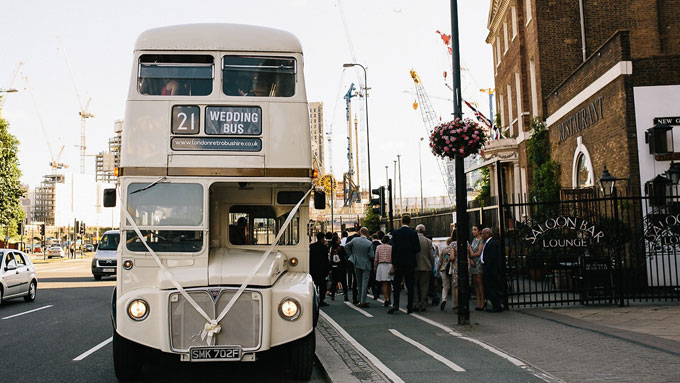
Food
There are numerous ways to reduce the carbon footprint of your wedding breakfast. The number one is to buy local, in-season produce. Don’t ship in exotic fruit and veg from other countries - work with a caterer who sources local organic ingredients. This will support the local economy and eliminate unnecessary air miles. Meat is responsible for over 50% of all emissions from food production. So choose a caterer who can make delicious vegetarian meals thus slashing your bill and your carbon footprint.
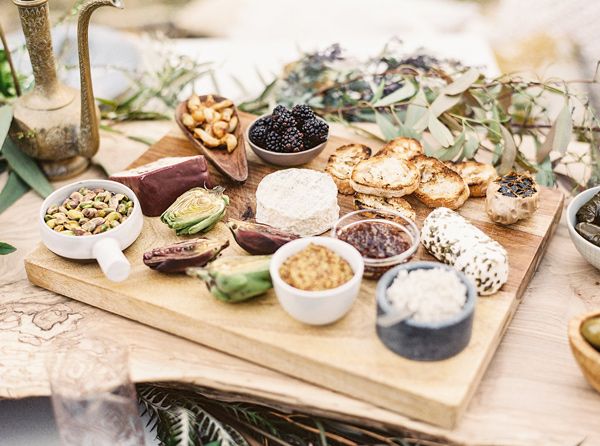
Wine
Wine is a product which can carry a huge carbon load if not sourced sensibly - and that’s before you consider pesticides and the lack of rights for workers. The industry certainly has a dark side. There is a simple way to combat these problems. Shift your spending power to local, organic and if possible, Fairtrade. These days there are numerous talented - and some award-winning - British producers, particularly in sparkling wines. You get to support a small local business and you can visit the winery for tastings before you buy.

Flowers
The truth about the flower industry: 95% of the UK’s flowers are imported as, nonsensically, this proves much cheaper. Many flowers that come through the Dutch markets have traveled from as far as Colombia, India and Ecuador. When sourcing a florist, find one who buys local from natural English gardens. Our countryside is teeming with wildflowers and foliage. Spend a day foraging with a select team to decorate your venue and tables - or opt for decent fakes. Gift the flowers to guests and staff after the event.
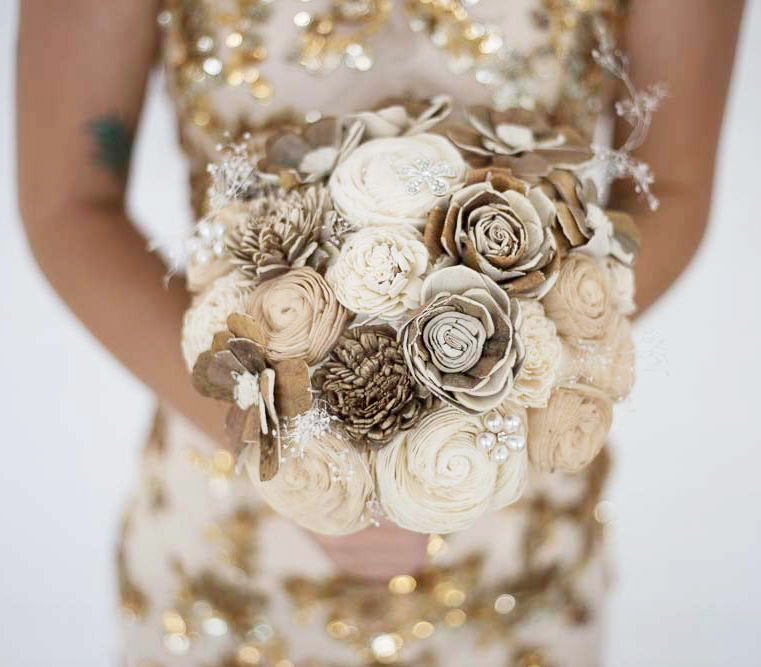
Wedding Favours
Those tiny presents which you find scattered among the party debris after the band has finished are too often individually wrapped, imported and irresponsibly disposed of. Why not pay for a tree to be planted for each guest as the gift that keeps on giving? Or if you must have something at each place setting, wildflower seeds are a nice present which can be kept for years until use and encourage bees and photosynthesis.

Decorations
With décor it’s all about renting and recycling. If hiring a company, use a local supplier who will reuse all their responsibly sourced décor. Don’t buy cheap plastic or fairy lights from China. Hire in quality items. Recycle jars and bottle to use as table decorations. Use soya wax candles instead of normal paraffin ones as they are usually derived from fossil fuels. Make sure all confetti is biodegradable or natural - such as dried petals.
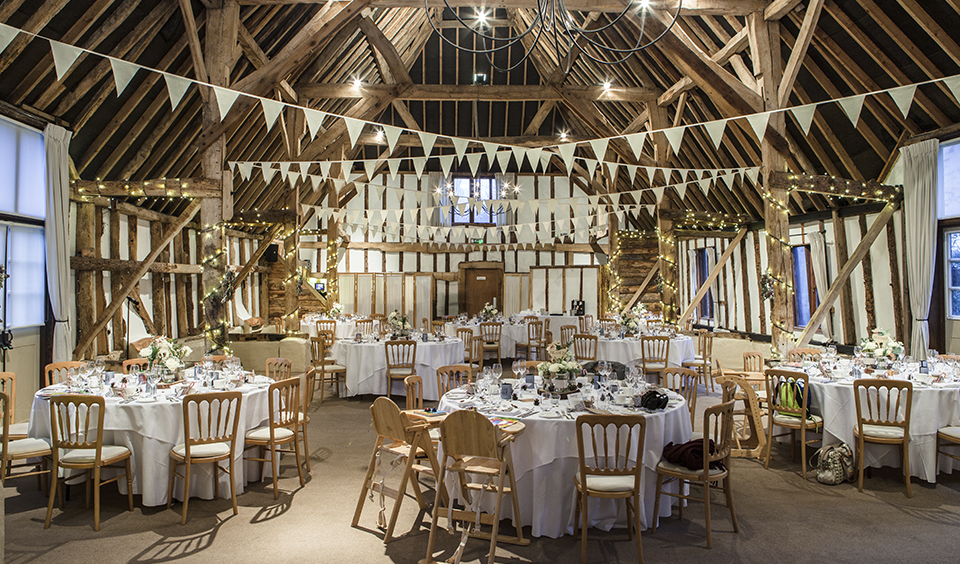
The Dress
This is a touchy subject. Every bride wants to wear the dress of her dreams on the big day. All too often, designer dresses adorned in beading and sequins use materials which have been flown around the globe. There are ways to reduce the impact of your gown. There are multiple websites and boutiques selling pre-loved dresses which a local seamstress can modify for you, creating a totally bespoke, one-of-a-kind piece. Or employ a local designer to create a brand-new dress using eco-materials.
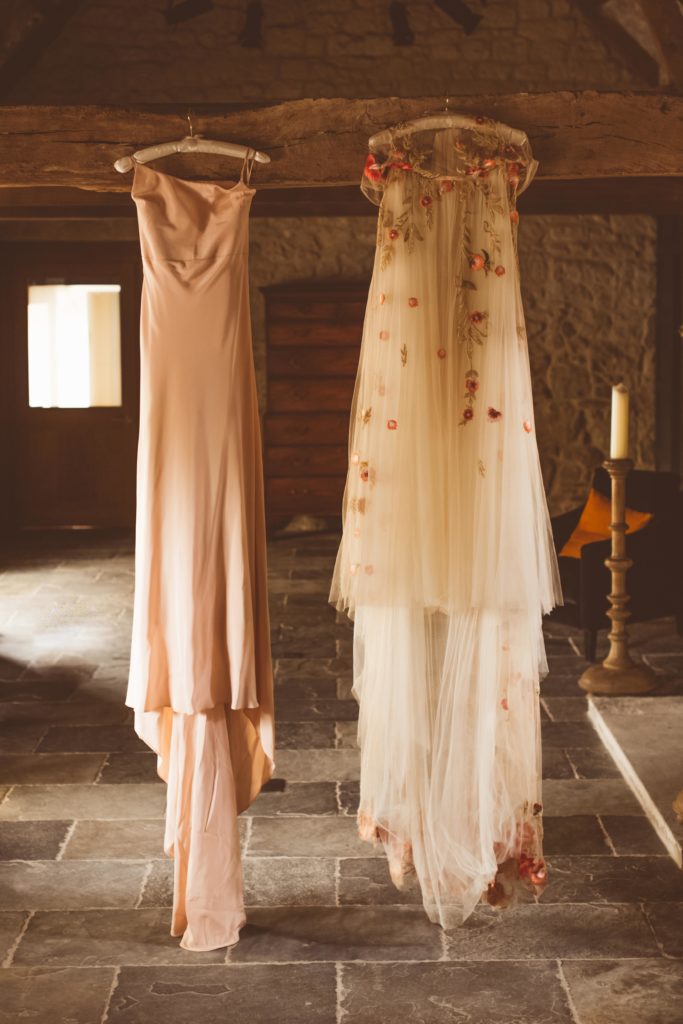
The Honeymoon
Another thorny issue. Can you be persuaded to forgo the Caribbean in favour of a bothy in the Scottish Highlands? Didn’t think so. If you are going abroad, look into land or sea travel as part of the adventure - and offset any air miles taken in the name of true love…
